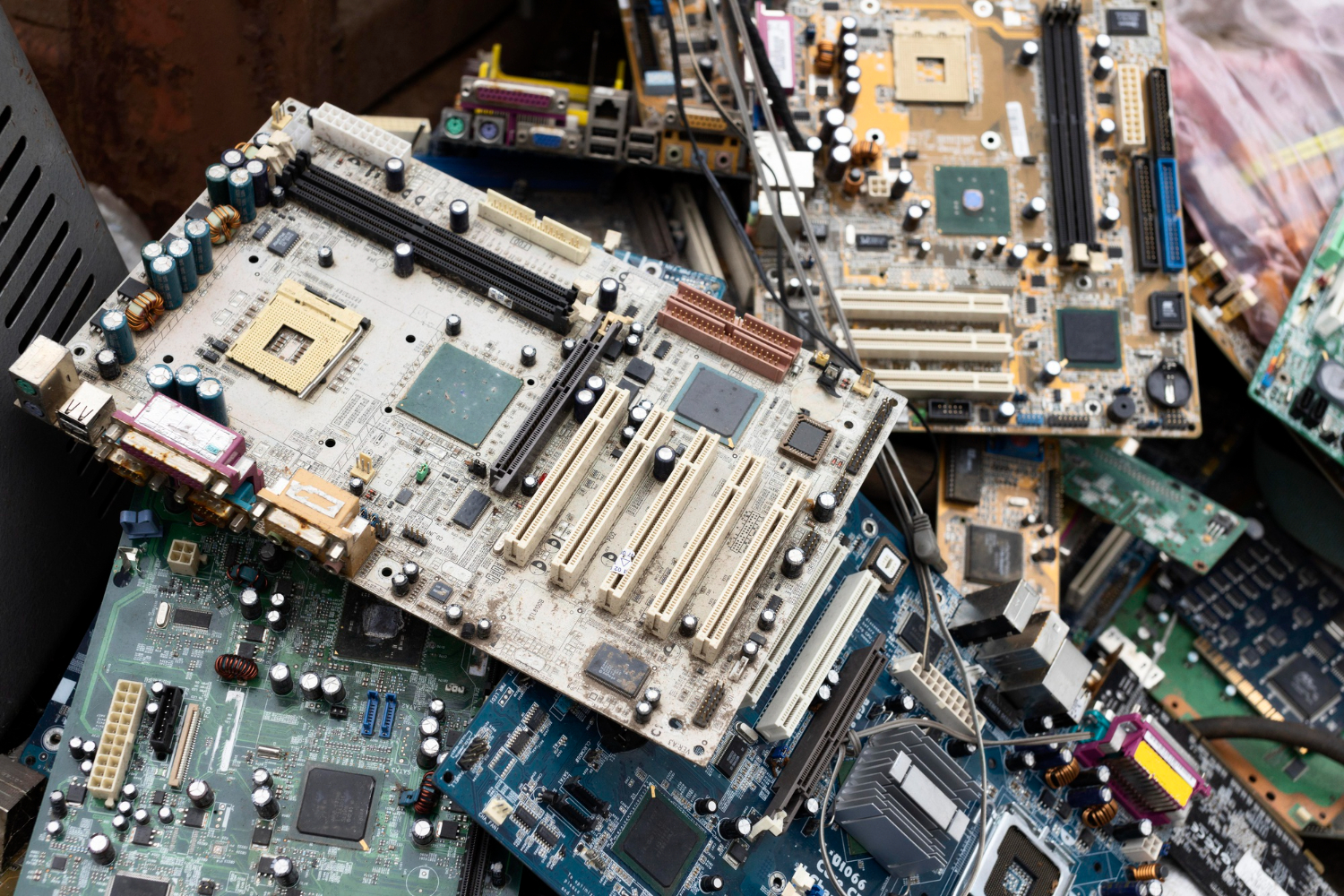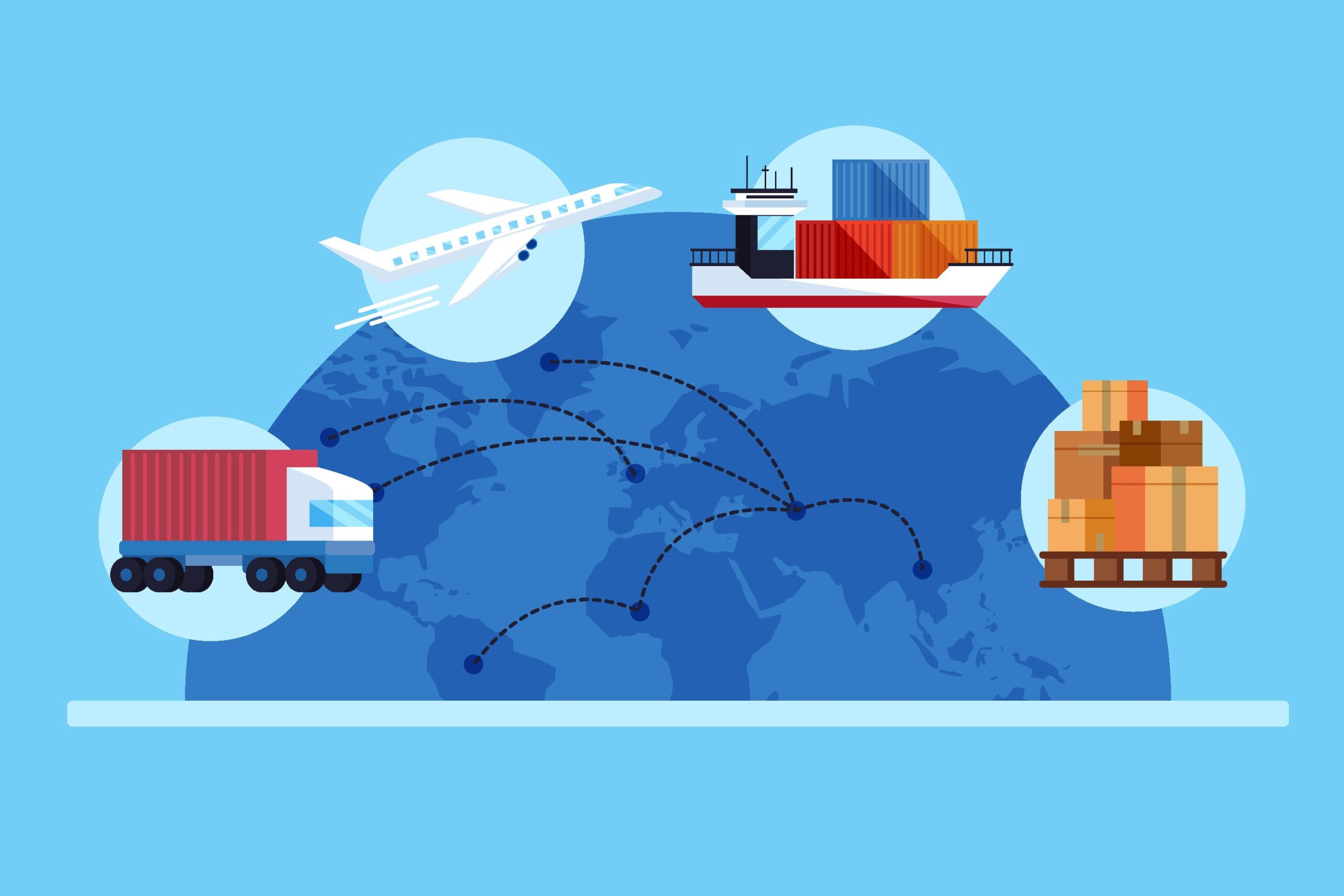Small but Mighty: How Indian SMEs are Shaping the Future of IT & ITeS
The IT & ITeS landscape in India has evolved dramatically over the past decade. While large corporations continue to dominate headlines, it is the SMEs that are often at the forefront of adopting cutting-edge technologies and practices. According to Nasscom, the technology industry in India boasts over 10,000 SMEs dedicated to providing either traditional or digital solutions to technology buyers. They contribute an estimated $15-20 billion in revenues, comprising 7-9% of the overall technology industry in India. This highlights the substantial impact SMEs have on the sector.
One of the most notable shifts has been in the Customer Relationship Management (CRM) segment, where there is a clear move away from traditional voice-based services to more sophisticated, non-voice solutions. This transition is not just a matter of changing customer preferences; it is a strategic pivot that allows SMEs to offer higher-value services. This shift has enabled many SMEs to move up the value chain, offering services like social media management, chatbot development, and advanced analytics.
Metrigy’s Customer Experience MetriCast 2024 study finds that globally 36% of contact center operations are using contact center as a service (CCaaS) as their primary platform. The global market for CCaaS, which was $6 billion in 2023, and is expected to grow to $10.8 billion by 2028. Indian SMEs are well-positioned to capitalize on this trend, leveraging their agility and innovation to compete on both domestic and international fronts.
Paralleling this trend is the explosive growth in digital payments, particularly in the transaction services segment. The Indian government’s push for a cashless economy, epitomized by initiatives like Digital India, has created fertile ground for SMEs specializing in fintech solutions. UPI transactions with a total value of Rs 200 trillion were carried out in FY24, with a significant portion of these transactions facilitated by solutions developed by SMEs.
The Information Technology Enabled Services (ITeS) sector, which saw an estimated 10% growth in dollar terms, reaching $46 billion in FY23, is anticipated to continue its upward trend with a projected 7-9% growth in FY24. This is a positive development for SMEs, which contribute 30-40% of the industry’s output and are crucial in areas like customer relationship management (CRM), transaction services, and knowledge process outsourcing (KPO).
RPA, SaaS & Cloud
Perhaps the most transformative technology for IT & ITeS SMEs has been Robotic Process Automation (RPA). This technology, which allows companies to automate repetitive tasks using software robots, has been a game-changer for many small and medium-sized Business Process Outsourcing (BPO) and Knowledge Process Outsourcing (KPO) firms. SMEs adopting RPA have seen productivity increasing significantly in certain processes, allowing them to compete more effectively with larger, more established players.
The Software as a Service (SaaS) and Backend as a Service (BaaS) models have also provided fertile ground for SMEs. Cities like Chennai have emerged as SaaS hubs, with numerous startups and SMEs developing innovative solutions for global markets. The Indian SaaS market is expected to reach $30 billion by 2025, according to Bain & Company, with startups and SMEs playing a crucial role in this growth.
Cloud technology has been another key enabler for IT & ITeS SMEs. By leveraging cloud platforms, these companies can access enterprise-grade infrastructure and services without the need for significant upfront investments. This has led to the rise of numerous SMEs operating as system integrators, helping larger enterprises navigate the complex world of cloud migration and management.
The partnership between Indian SMEs and global hyperscalers such as Amazon Web Services, Microsoft Azure, and Google Cloud is mutually beneficial. While these tech giants provide the infrastructure, it is often the local SMEs that provide the last-mile connectivity, customization, and support that clients need. This has created a thriving ecosystem of cloud-native startups and SMEs across India.
Product engineering services is another area where SMEs are making their mark. With a deep pool of engineering talent and a culture of innovation, many small and medium-sized firms are partnering with global companies to develop cutting-edge products in areas like Internet of Things (IoT), Artificial Intelligence (AI), and Machine Learning (ML).
As digital transformation accelerates across industries, cybersecurity has become a critical concern. Here too, SMEs are stepping up to the challenge. From developing advanced threat detection systems to providing managed security services, these companies are playing a crucial role in securing India’s digital future.
Supportive Ecosystem
The success of IT & ITeS SMEs owes much to the supportive ecosystem that has been built over the years. The Software Technology Parks of India (STPI) scheme, launched in 1991, has been instrumental in providing infrastructure and policy support to the sector. As of June 2024, there are 65 STPI centers across the country, many of which have become thriving IT clusters, and the Ministry of Electronics and Information Technology (MeitY) plans to set up 20 more such centres in the near future.
State governments have also played a crucial role in fostering the growth of IT & ITeS SMEs. Karnataka, with its startup-friendly policies and world-class infrastructure, continues to be the leading IT hub in the country, with small and medium enterprises increasingly playing a significant role in it. Kerala has made significant strides with its Kerala Startup Mission, which has incubated over 2,000 startups since its inception. Andhra Pradesh, with its focus on emerging technologies like blockchain and AI, is fast becoming a favored destination for tech SMEs.
The central government’s Digital India initiative, launched in 2015, has provided further impetus to the sector. By focusing on areas like digital infrastructure, e-governance, and digital literacy, the program has created numerous opportunities for SMEs in the IT & ITeS space.
The IT/ITeS sector holds a dominant global position and has significantly contributed to the growth of exports and job creation. India’s IT-BPM industry (excluding e-commerce) is projected to reach USD 254 billion in FY2023-24, with exports contributing around USD 200 billion. The industry has also generated substantial employment opportunities, with an estimated workforce of 5.43 million professionals, reflecting an increase of 60,000 from FY 2022-2023. Women make up 36% of the total workforce in this industry.
As we look to the future, the role of SMEs in the IT & ITeS sector is set to become even more crucial. With their agility, innovation-first approach, and deep understanding of both local and global markets, these companies are well-positioned to drive India’s next phase of digital growth.











